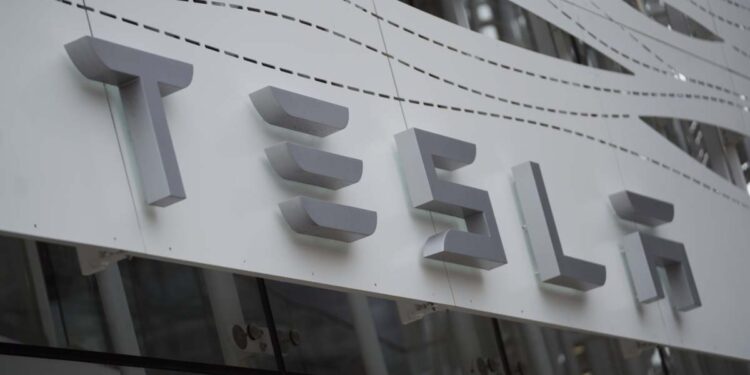The American electric vehicle manufacturer Tesla has asked a Delaware judge to reject the “unusual” request from the attorneys who defeated the company in a trial regarding the salary of its CEO, Elon Musk, and who are now seeking their legal fees to be paid with $5.6 billion in company shares.
The company lost a case after shareholder Richard Tornetta rejected the $56 billion stock compensation package that Musk had assigned himself if he met a series of goals. After the judge ruled in his favor on January 30, stating that that figure was “an incomprehensible amount” and was “unfair to the shareholders”, the plaintiff requested that the costs he was entitled to be proportional to the money he had “saved” for the company, and asked for 10% of that amount, about 29 million shares, so that Tesla would not have to make the payment in cash.
Instead, Tesla argued that the attorneys should be entitled to only $13.6 million, which it considered a “reasonable” payment for Tornetta’s legal costs. “This case did not require the herculean efforts that could justify the highest fees in history, by many orders of magnitude,” Tesla’s attorneys said.
The dispute over legal fees is one of the pending issues that need to be resolved before Delaware Chancery judge Kathaleen St. Jude McCormick can finalize her ruling to invalidate Musk’s record compensation. Once the case is finalized, Musk will have 30 days to decide whether to appeal.
Tesla’s team rejected that argument, saying that it “challenges established Delaware jurisprudence, destroys basic economics, and seeks to completely evade the impartiality checks that this court imposes on fees.” McCormick is expected to rule on the corresponding legal fees on July 8.
The dispute comes less than a week before Tesla’s shareholders decide whether to approve Musk’s massive salary package again, a vote that would be symbolic but not binding, as well as deciding whether the company should move its corporate headquarters from Delaware to Texas. Delaware is the state that the vast majority of U.S. firms choose as their legal headquarters in order to avail themselves of its business courts in this small state, considered the fastest, most effective, and reliable in the country. A move to Texas would be a ‘tantrum’ over the latter ruling.
Both votes are scheduled for Tesla’s annual meeting on June 13. A shareholder filed a lawsuit challenging the proposals, arguing that the company is violating its corporate bylaws in its handling of the proceedings.


